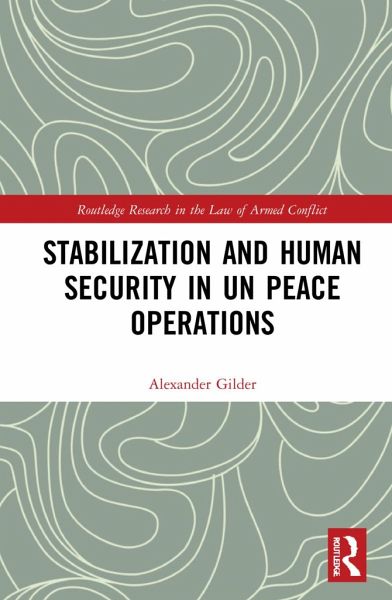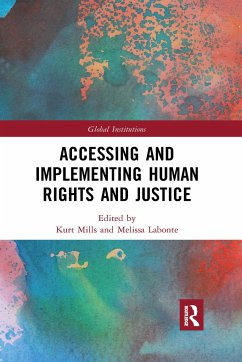
Stabilization and Human Security in UN Peace Operations
Versandkostenfrei!
Versandfertig in 1-2 Wochen
167,99 €
inkl. MwSt.
Weitere Ausgaben:

PAYBACK Punkte
84 °P sammeln!
This book investigates the relationship between UN stabilization mandates and the concept of 'human security'. It will be valuable to academics, policymakers and practitioners working on UN peacekeeping, stabilization, international law, peace and conflict studies, security studies and human rights.













